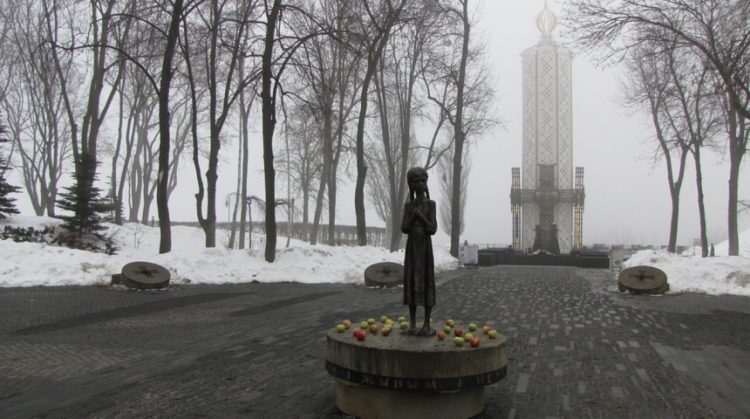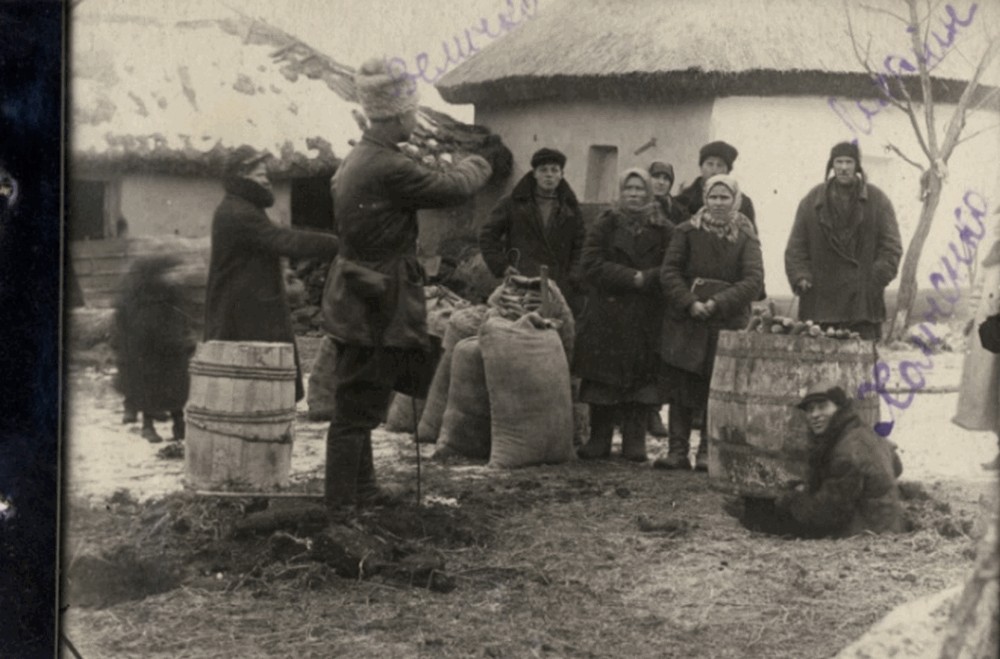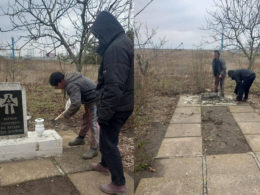Slovenia has joined the ranks of more than 20 countries that recognize the Holodomor, the mass famine in Ukraine in the early 1930s, as genocide.
Slovenia’s National Assembly, or Državni zbor, has voted to formally recognize the 1932-1933 famine in Ukraine, known as the Holodomor, as an act of genocide, 24ur reported. This declaration was supported by all political parties except for the left-wing party, Levica. With this vote, Slovenia has now joined the ranks of over 20 countries that have made this recognition.
The adoption of the declaration was stated to express Slovenia’s solidarity with the Ukrainian people and to educate the public about this historical atrocity. The National Assembly’s debate prior to the vote was largely marked by agreement, with representatives from all parties except Levica endorsing the recognition.
Jani Prednik, leader of the Social Democrats and one of the proponents of the declaration, emphasized the importance of acknowledging the 90th anniversary of the Holodomor, which he characterized as “one of the greatest humanitarian catastrophes and crimes against humanity in the 20th century.” Citing estimates that between 4.5 and seven million people perished as a result of the famine, Prednik attributed the disaster to the deliberate confiscation of grain by Soviet authorities.
Ukrainian President Volodymyr Zelensky praised the Slovenian lawmakers for the adoption of the declaration. He expressed his gratitude for honoring the memory of millions of victims of the Holodomor-genocide in Ukraine in the years 1932 and 1933.
Secretary of State at the Slovenian Foreign Ministry, Samuel Žbogar, said the government supports the declaration. He added, “The government joins the condemnation of the tragedy, which caused suffering and death of millions of Ukrainians and residents of other Soviet republics.” He also drew parallels to the ongoing war in Ukraine, highlighting Russia’s current seizure of Ukrainian grain supplies and restrictions on its export to countries in need.
While welcoming the declaration, some representatives underscored the importance of not repeating such atrocities and further committed to respect for human rights. “We also call on Russia to recognize the Holodomor and take responsibility and apologize for it,” added MP Dušan Stojanovič.
Matej T. Vatovec, a representative of the Levica party, marked his dissent by arguing that the declaration was a political act based on erroneous premises. He noted that while the occurrence of the Holodomor is an undeniable fact, there are divergent views among historians regarding the causes of the event. Consequently, he suggested that it was irresponsible to label the Holodomor as genocide to draw parallels between today’s Russia and Stalin’s Soviet Union.
Related:
- Slovenia secretly delivered 20 Valuk APCs to Ukraine – media
- Slovenia to join EU ammunition procurement program for Ukraine
- Slovenia’s PM signs joint declaration supporting Ukraine’s intention to join NATO
- Was Holodomor a genocide? Examining the arguments
- European Parliament recognizes Holodomor as genocide against Ukrainians
- Holodomor: Stalin’s genocidal famine of 1932-1933 | Infographic







